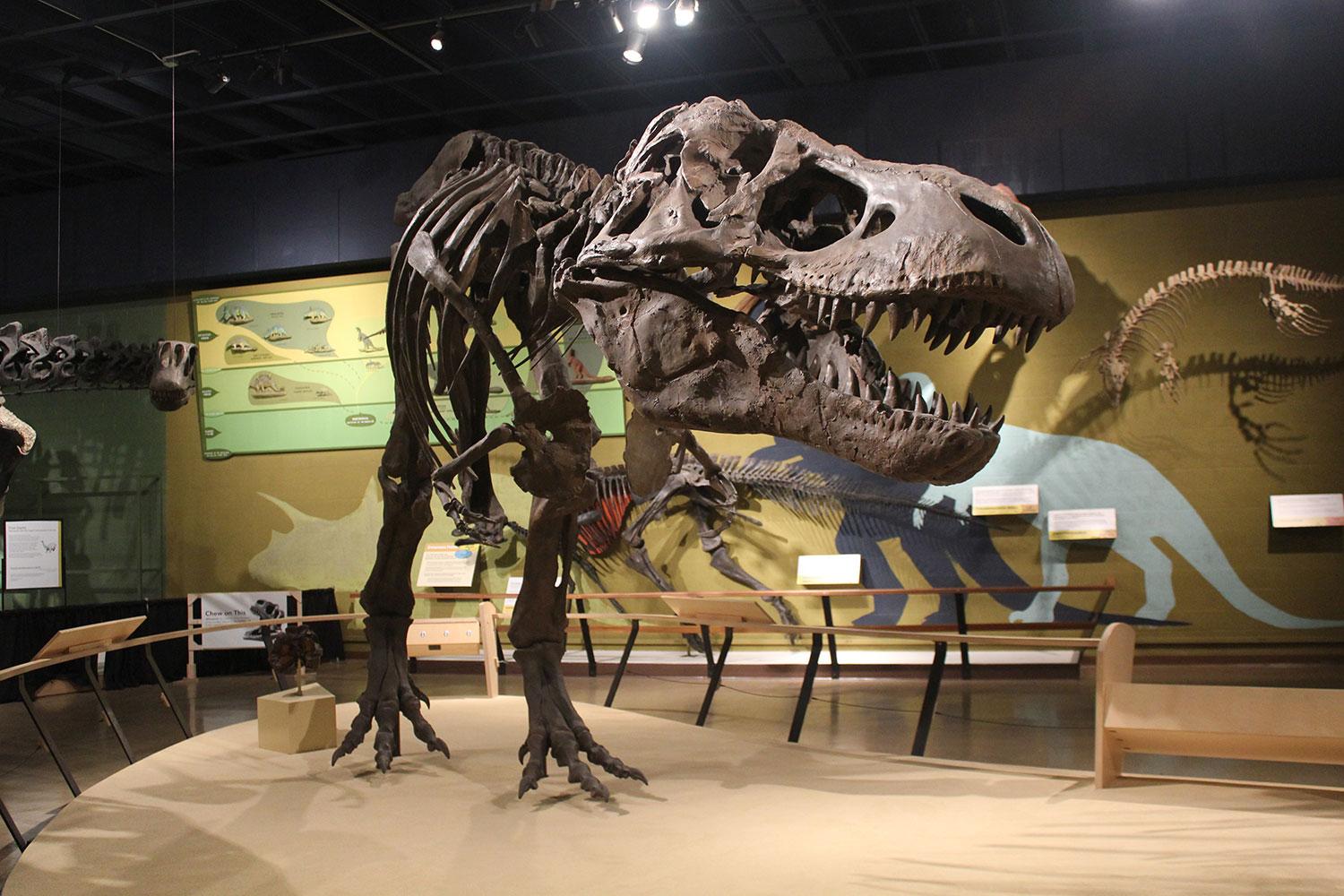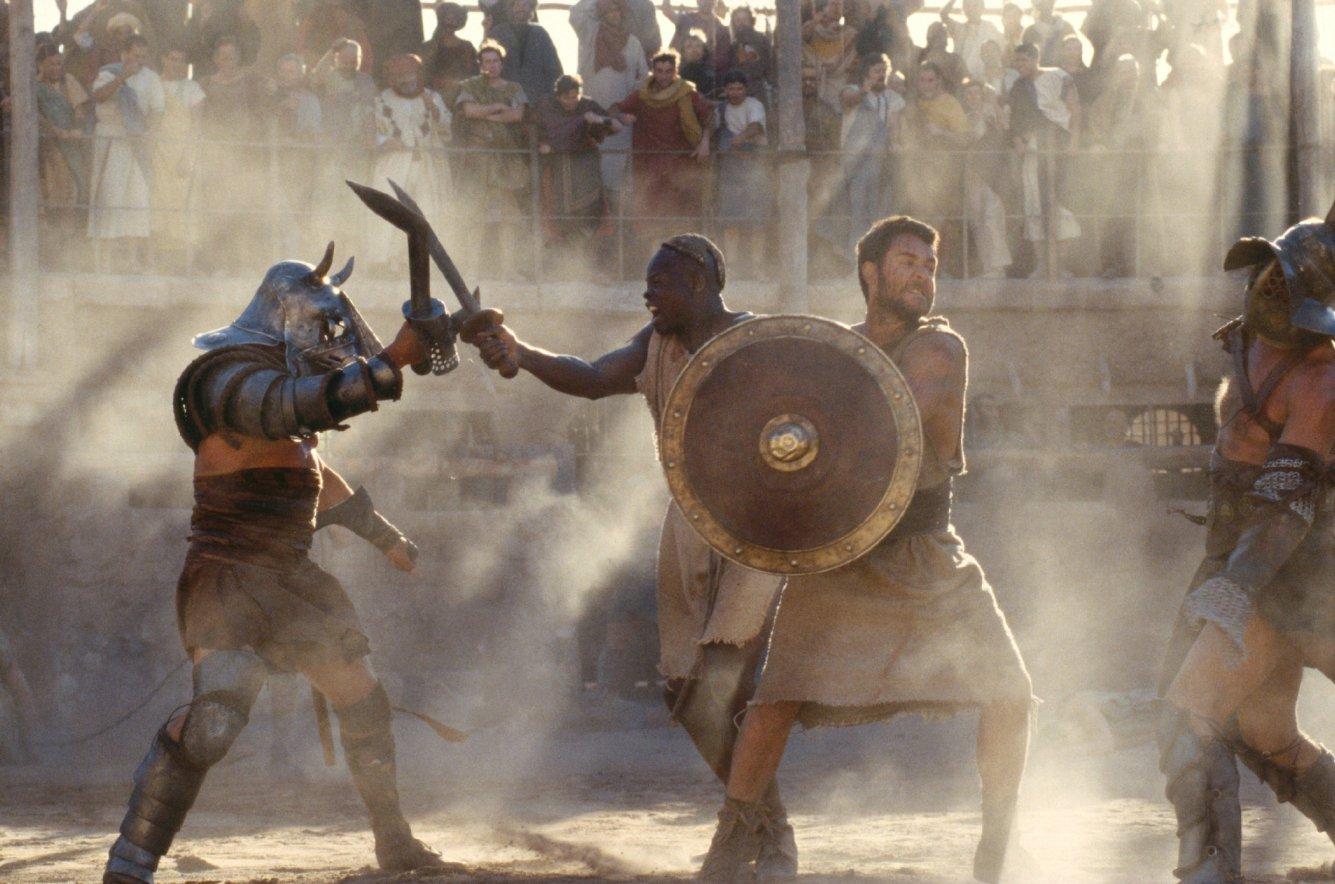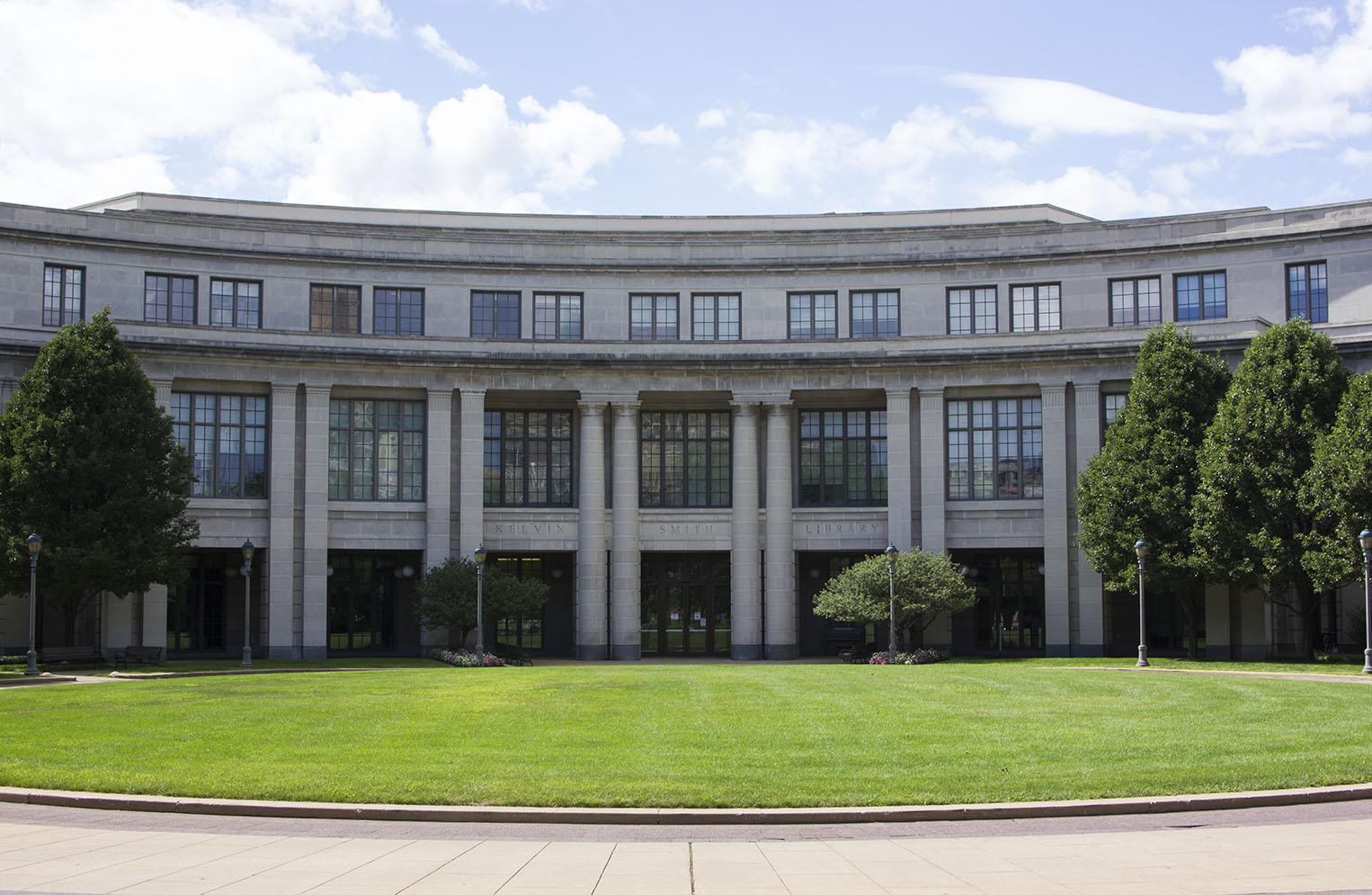Cat skeletons, gladiators among The Observer’s picks for the five most interesting classes to take this spring
November 14, 2014
Opening up SIS can bring up a whirlwind of emotions: fear, anxiety, sometimes even pure terror. With hundreds of options available, how are students supposed to decide which classes to take each semester? Luckily, The Observer has you covered. We combed through SIS and found the five most interesting, entertaining and original classes being offered next semester.
5. Cogs 301: Elements of Surprise
Professor: Vera Tobin
Times: Tuesdays and Thursdays, 11:30-12:45 p.m.
Where do surprises come from? This is what cognitive science professor Vera Tobin is hoping to examine in her new course, a special topics in cognitive science seminar that is being offered for the first time in the spring semester.
“An enormous amount of what we get done cognitively works because we rely on our expectations and the assumption that most things will be predictable,” said Tobin. “When those expectations are violated, we’re surprised!”
The course analyzes surprise in everyday life and in media, looking at how we use surprise in jokes, stories, magic tricks and visual art.
“[The course] is full of surprises,” said Tobin. “Seriously— one of the things we’ll be doing lots over the course of the semester, in addition to learning about serious research in various cognitive sciences, is producing fun and interesting surprises for each other.

4. Biol 223: Vertebrate Biology
Professor: Richard Drushel
Times: Lectures on Mondays and Wednesdays, 9:30-10:20 a.m.; Labs on Tuesdays or Thursdays from 1:00-4:00 p.m.
If you have ever wanted to have your very own disarticulated cat skeleton, Biol 223 is the class for you. The course, which is mostly laboratory based, has students dissect a number of vertebrates, including sharks and sheep brains. Students also get to examine skeletons from dogs, rabbits, salamanders, alligators, turtles and even whales.
“Currently, the only way that a pre-professional student is able to get skills in dissection is to take my course,” said Drushel, who explained that anatomy and dissection were removed from the biology core in favor of cell molecular biology, evolution and ecology.
Students in the course also have a laboratory notebook where they draw sketches of the various skeletons, improving their medical illustration skills. There is also a field trip to the Museum of Natural History, where students get to apply their newfound skills in examining the dinosaur skeletons.

3. Soci 355: Sociology of Children’s Rights and Social Policy
Professor: Brian Gran
Times: Tuesdays and Thursdays, 1:15-2:30 p.m.
For students interested in law and human rights, Soci 355 is the perfect course. Focusing on children’s rights in particular, the course looks at human rights treaties on an international scale, examining how they differ across countries.
“We consider a couple of different areas involving children’s rights that are important to young people, but then we also give them greater depth,” said Gran, citing children’s rights to make medical decisions, such as the right to an abortion, as an example.
The course also features a number of guest speakers from all over the world, who Skype in to speak with students. In the past, a member of the United Nations Committee on Children’s Rights spoke. Students also visit courts in northeast Ohio to talk to judges and lawyers about children’s rights on a local level.
“The course also reveals a great deal about how law, rights and politics work in the United States,” said Gran. “Not just in government, but in the activities of lobbyists and other groups in how they shape the terrain of how children’s rights are fought over and dealt with.”
2. Engl 345: Introduction to Queer Theory
Professor: Thomas Fountain
Times: Mondays and Wednesdays, 9:00-10:15 a.m.
The first in the English department’s new series, Topics in LGBT Studies, Engl 345 will examine queer theory, or, as Fountain describes it, “the set of ideas that try to understand gender and sexuality beyond the rigid, normative construction that society often imposes on them.”
Analyzing texts from the 1980’s to today, the course will look at a number of different mediums of expression, including poetry, short film, memoir, performance and photography. Featured authors include Michel Foucault, Gayle Rubin, Judith Butler, Eve Sedgwick, Leo Bersani, Michael Warner and Lee Edelman.
“These works are trying to understand and come to grips with how we as regular human beings live out our gender or sexuality,” said Fountain. “We are all, every day, enacting and living out what we mean by sex and gender. This is a group of texts, a school of thought if you will, where people are actively thinking about this.”

1. Clsc 224: Sword and Sandal- The Classics in Film
Professor: Ricardo Apostol
Times: Tuesdays and Thursdays, 2:45-4:00 p.m.
Film buffs will be excited about this Classics course, which aims to explain the appeal of big Hollywood blockbusters about the ancient Greeks and Romans. Why do we keep on coming back to these stories, and what does that mean about us as a society? Films analyzed in the course include “Gladiator,” “Clash of the Titans” and “300.”
Apostol says that he finds it extremely thrilling to combine intellectual analysis with pop culture.
“It makes you feel like you’re getting away with something, even while it provides a direct line to understanding our society,” he said.
“If you want to watch sick action movies for homework; if you want to acquire razor-sharp media literacy skills; if you want to have passionate discussions with fellow film geeks about violence, sex, movies, Hollywood, Greeks, Romans, and the secret desires of America in the 21st century; and if you don’t mind your professor occasionally bellowing ‘ARE YOU NOT ENTERTAINED!?’ Maximus-style, then this is the class for you,” said Apostol.
Photos courtesy of Wikimedia Commons and IMDB.
